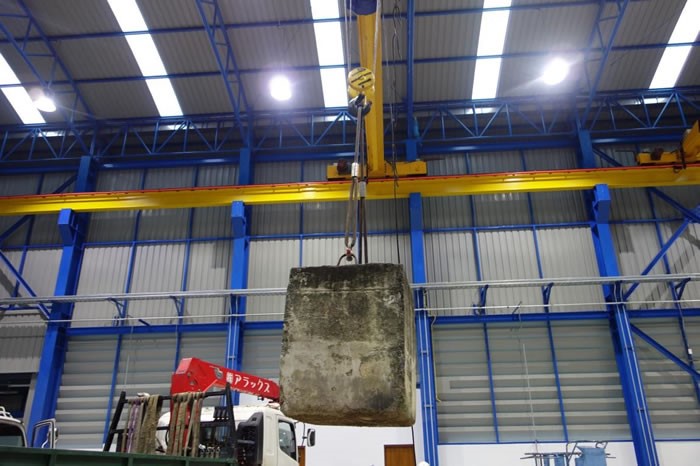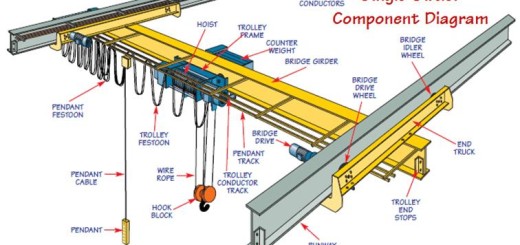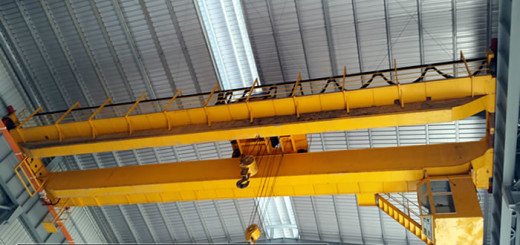Overhead Crane Wiki: OSHA Crane Training Requirements
Currently crane operators are qualified in many states by a simple set of standards, but the dangers in crane operations have caused OSHA to propose new testing methods. Although a license is required in 18 states already, within four years, all states will be required to adhere to the license regulations. The states in which a license is now required are: California, Connecticut, Hawaii, Maryland, Massachusetts, Minnesota, Montana, Nevada, New Jersey, New Mexico, New York, North Carolina, Oregon, Pennsylvania, Rhode Island, Utah, Washington and West Virginia.
Requirements for Unlicensed Crane Operators
- In states in which a license is not required to be a crane operator, OSHA still has a set of guidelines for crane operations. OSHA guideline 1926.550 describes the safe operating procedures. In order for an apprentice to become an authorized crane operator, he must have documented and supervised experience operating a crane. Apprentices must be supervised for a time period predetermined by the type of crane and state regulations. The employer is responsible for determining if the crane operator is of sound mental and physical health.
Requirements to Become a Licensed Crane Operator
- There are four ways to become a licensed crane operator. A person may obtain a license from an accredited testing organization, from an audited employer, from the U.S. military or from a government entity, according to proposed OSHA regulations.The National Commission for the Certification of Crane Operators and the Associated General Contractors of America provide testing materials for contractors to access.
Crane Operator Examination Content
- According to the National Commission for the Certification of Crane Operators, testing includes a written examination and a practical examination. The written part of the crane operator exam is 90 multiple choice questions. There are crane-specific written tests ranging from 26 to 50 multiple choice questions as well. The test sites for the practical examination must have a designated test site coordinator, an accredited practical examiner, a proctor to assist the practical examiner, designated cranes that meet requirements, a suitable outside area, all necessary equipment and an indoor facility for a pretest briefing. There is a $50 yearly fee for test site registration.





